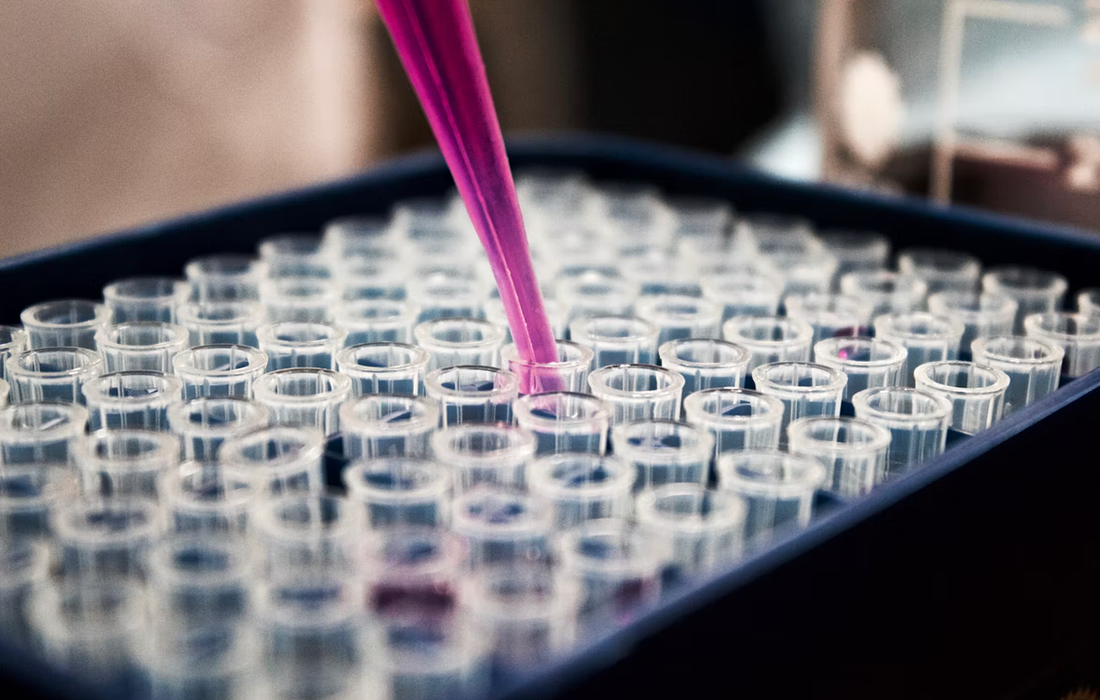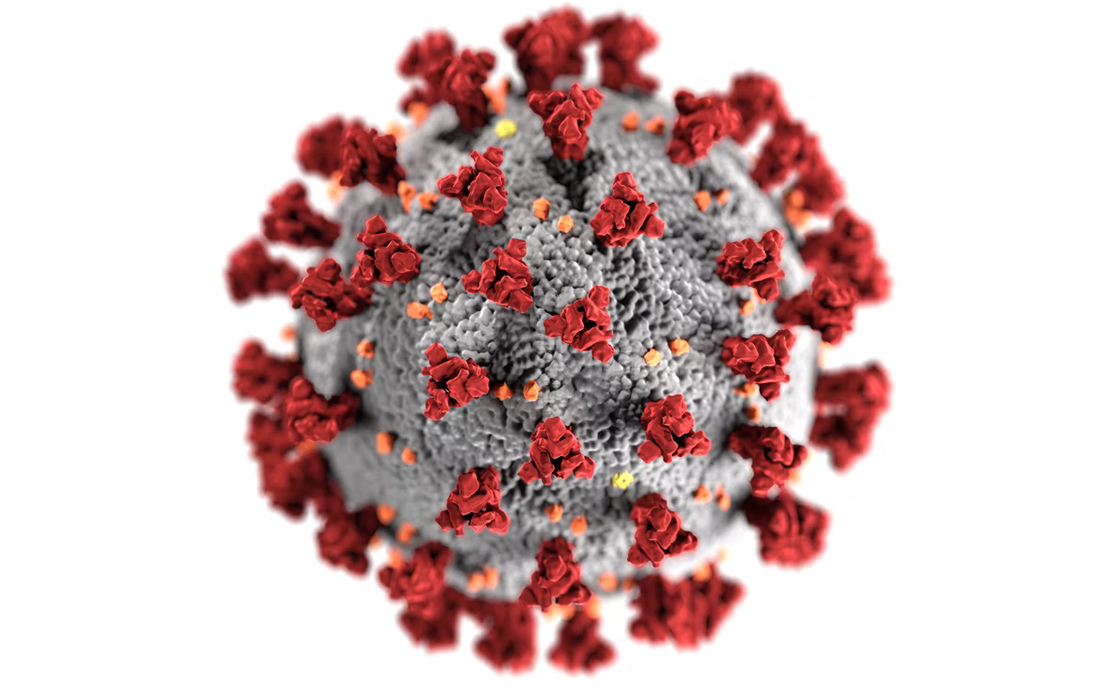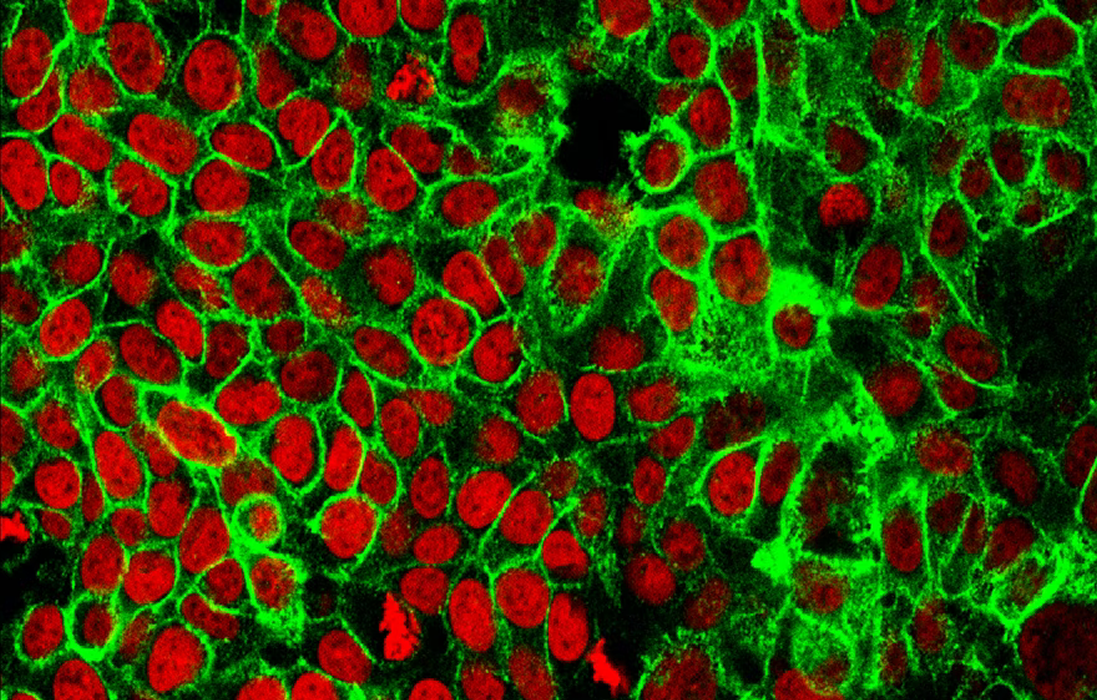More than 1 million children become ill with tuberculosis annually, and almost 20% of them die, but children have historically been excluded from clinical efficacy trials of antituberculosis treatment. This situation is due in part to low rates of bacteriologic confirmation of disease among children, given high rates of paucibacillary disease and difficulties in obtaining […]
Author Archives: Francisco Fernandez, MD
Someone in the world develops dementia every 3 seconds. There are over 55 million people worldwide living with dementia in 2020. This number will almost double every 20 years, reaching 78 million in 2030 and 139 million in 2050. Much of the increase will be in developing countries. Research shows that most people currently living […]
Adult cells in the body can only give rise to the same cell type. One example is skin cells, they cannot give rise to a muscle cell but to skin cells only. During early development the cells in the embryo can generate all cell types of our body, including stem cells. This capacity is called […]
Obstructive sleep apnea (OSA) affects more than 22 million people in the United States and is linked to a higher risk of multiple health conditions, including hypertension, heart attacks, stroke and diabetes, which are also among the first causes of death. Researchers from the University of Missouri School of Medicine have found that untreated OSA […]
Physical fitness is important for survival. Lack of physical activity results in detraining, lower performance, and ultimately, incapacity. Exercise is commonly encouraged, even prescribed, as therapy. We know that if every human could maintain a suitable level of exercise and fitness, many disease problems would be less severe and quality of life would be better. […]
Autoimmune diseases are a host of conditions characterized by an abnormal immune response against normal tissues of the body. There are about 100 autoimmune diseases, and they are estimated to affect at least 3-5% of the population. The etiology is still unclear, both genetic and environmental factors are recognized to play key roles in the […]
Faecal microbiota transplantation (FMT) has a lengthy history dating back to the fourth century AD in China, where it was used to treat conditions such as diarrhea and food poisoning. Its contemporary salience reflects awareness that the gastrointestinal tract is an ecosystem of bacteria and other microorganisms (i.e., the gut microbiome) which, either by themselves […]
After almost three years since the COVID-19 pandemic started, therapeutic strategies and medications remain limited, and the ones available haven’t shown a high efficacy. There are current efforts for the development of drugs that could disrupt the viral replication and/or inhibit inflammation caused by the virus. Mesenchymal and stromal cell therapies have shown some promise […]
Cytokines are soluble molecular messengers that activate and propagate disease-fighting immune cascades in the body in response to stimuli from antigen-presenting cells. In cancer immunotherapy, exogenous cytokines initiate immune system activation to optimize the magnitude and nature of the acquired antitumor immune response. Many proinflammatory cytokines including interleukin-2 (IL2), IL7, IL12, IL15, and interferon-γ have […]
In a recently published study scientists at the Salk Institute, in collaboration with Genentech, a member of the Roche group, have shown that they can safely and effectively reverse the aging process in middle-aged and elderly mice by partially resetting their cells to more youthful states. As we age, both our external appearance and health […]










